-
CreatorTopic
-
02/15/2017 at 5:09 pm #6678
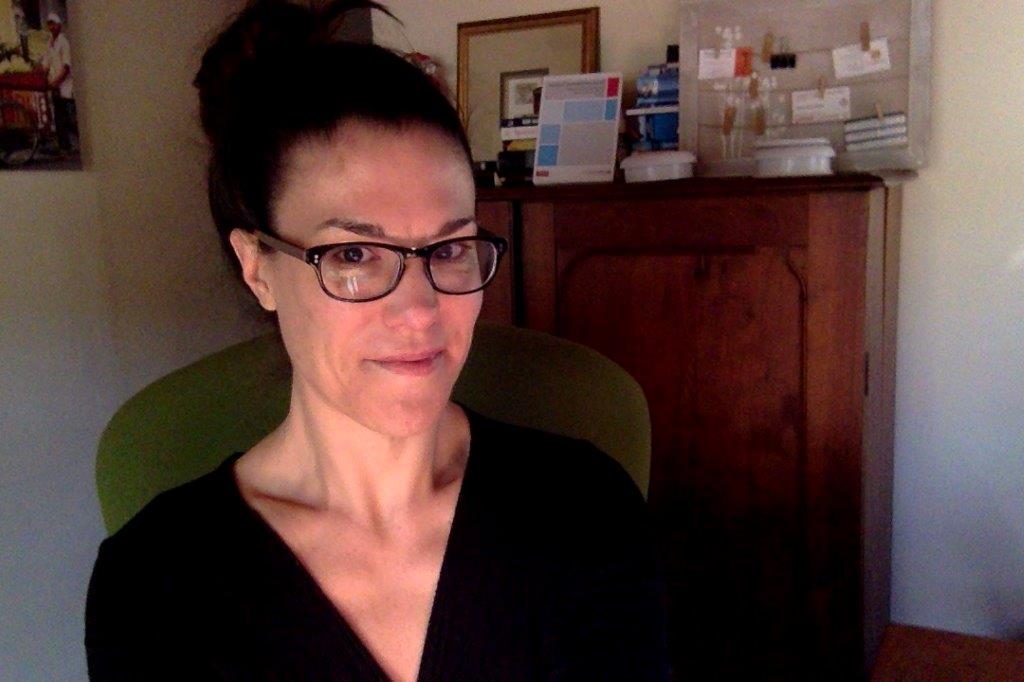 AnneMember
AnneMemberWhen resources are insufficient to support formal formative research activities, how have you (or can you) still facilitate the participation of community stakeholders in initial outreach and information gathering?
-
CreatorTopic
-
AuthorReplies
-
-
05/24/2017 at 11:53 am #7228
Oluwatobi
Memberwe must not stop advocating for funding both at the federal and state level because fund has gone a long way in successful protocol implementation and i feel as far as advocacy is concern we can at least get what is needed to ensure success. in conclusion stakeholders need to join forces together as the saying goes united will stand divided will fall. thank you
-
04/07/2017 at 1:39 pm #6946
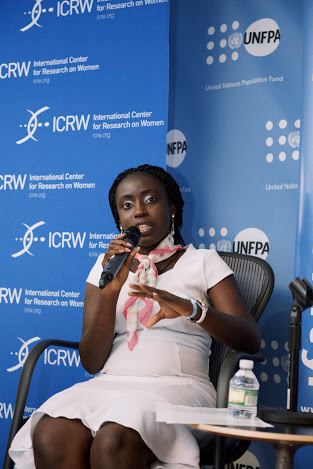 ELIZABETHMember
ELIZABETHMemberThe truth is in conducting research, there are still unforeseen contingencies that may come your way which could affect your budget, resources most times are not always sufficient but the principle that helps in the curbing of the challenge is the principle of “effective and efficient management”. Also leveraging on existing organizations and civil societies who are willing to support your work but financially and otherwise. Most importantly, before the initiation of any research at all, a budget should be drafted and funds sourced and realized so as not to lead to unprecedented breaks and stops once the research starts.
-
03/29/2017 at 7:10 pm #6910
 OrobosaMember
OrobosaMemberNo amount of resources would be sufficient to carryout research if not well managed. So when faced with challenges of insufficient resources, as researcher, we make use of strategies that are effective and of minimal cost. These include:
Targeted periodic meetings with stakeholders by making use of established forums and networks within the community
Identify and collaborate with other local partners who have similar interest -
03/28/2017 at 12:50 pm #6887
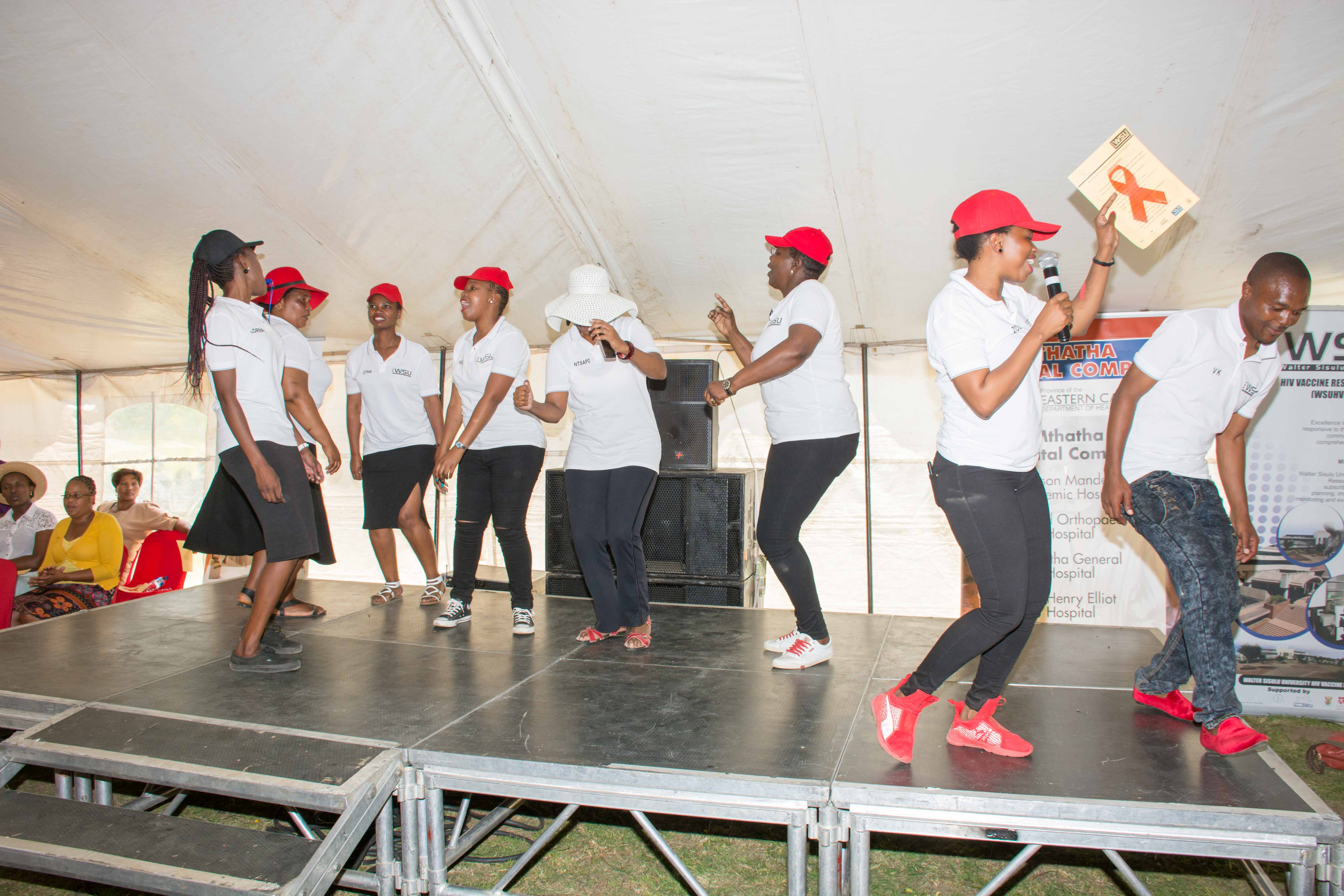 ZolekaMember
ZolekaMemberThe site is attaché dto the local University and the Provincial Hospital and I have a very good relationship with the two, I have worked in the University for 5 years and 3 years in the Hospital and I have kept my good contacts with them. The University has helped me in many occasions so I will use my good established relationship with these parties. University can always help in transporting the stakeholders to the nearest pick up point and for the catering Hospital always helps in giving me the venue.
-
03/15/2017 at 5:54 pm #6831
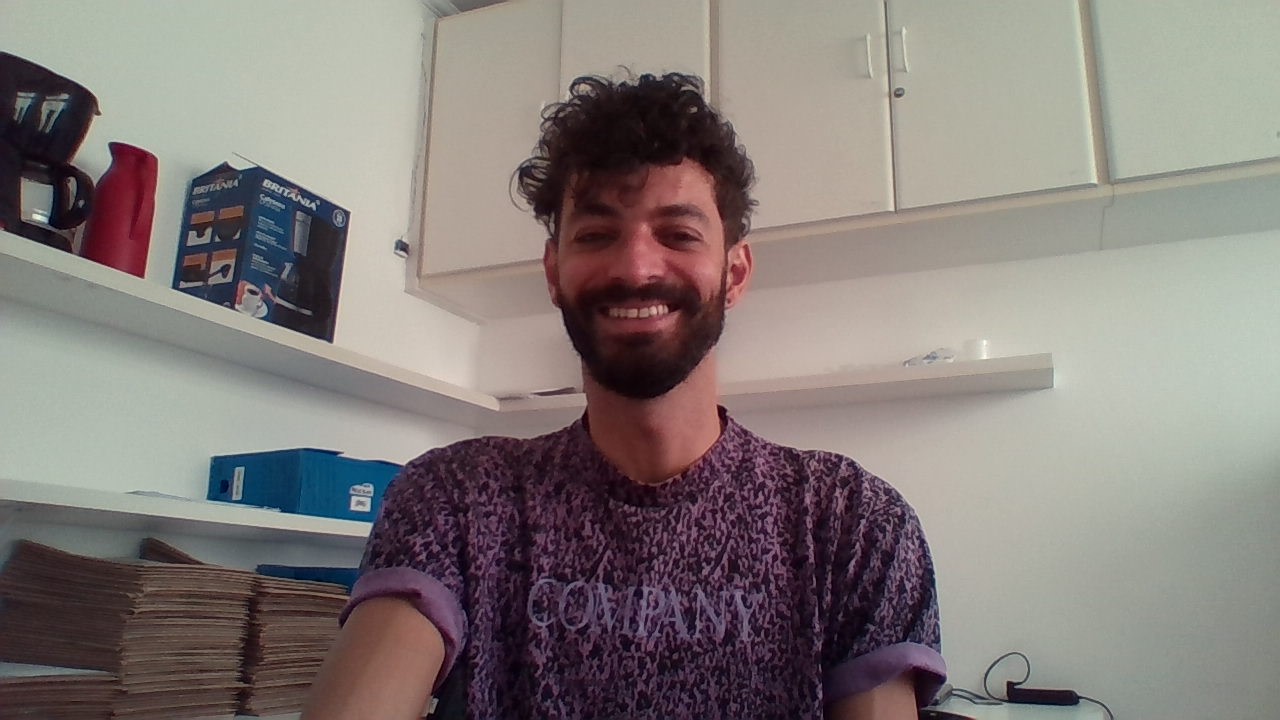 CaruéMember
CaruéMemberConsulting CAB.
Convening meetings with relevant individual stakeholders and CBOs/NGOs.
Approaching existent government programs that have already built a network of stakeholders. Some examples are the network of LGBT community centers that is being built in São Paulo by municipal government, and the network of HIV care and prevention centers.
Convening community forums inviting identified stakeholders.
Convening educational events on HIV open to wider community in order to get insights of community values and being known by community.
Literature search.
Online media search, including material about and by the members of community, wwith identification of main social media stakeholders.
Using information from media, interviews and visits to map community.-
03/29/2017 at 7:27 pm #6911
 OrobosaMember
OrobosaMemberGreat ideas! However, there could be challenges with the strategy of approaching existing government programs… Some communities in developing countries often have trust issues with some government programs especially those that have long history of lack of basic amenities. Often, they are of the opinion that government programs are of no benefits. For this strategy to be effective, i think one has to have in-depth understanding of the community.
-
-
03/08/2017 at 5:23 pm #6786
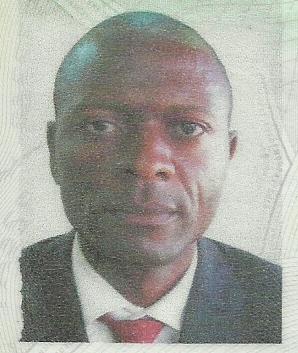 MauriceMember
MauriceMemberTo facilitate dialogue, several communication methods are in place, including:
1. The descent on the sites of activities 2 to 3 times per year (lack of possibilities);
2. Holding workshops of exchange and sharing of experience: once a year;
3. Periodic meeting if necessary to collect new data after test analysis;
4. Request for transfer of data after laboratory testing;
5. Periodic conversations with research groups in the sites;
6. Etc. -
03/01/2017 at 6:17 pm #6765
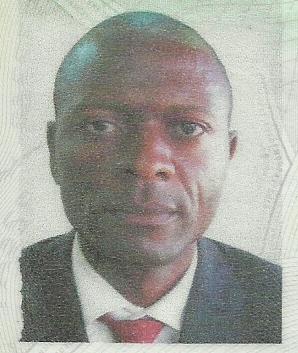 MauriceMember
MauriceMemberThanks to you all, who have reached the discussions under this module, please know that we’re together.
-
02/28/2017 at 8:16 am #6757
JOYCE
MemberOk, when resources are insufficient to support formal formative research activities engage the media, inform and educate them about your research question. In the course of their daily work the media will incorporate our research programs into their programs. They have community health programs where they meets with different community stakeholders in their respective places and they are able to gather inputs, views and questions concerning our research studies. The programs are aired on radios, TVs and newspapers. The process goes on and on and this will help the research team to get information from community stakeholders though with insufficient resources. We can still manage to facilitate the participation of community stakeholders.
-
02/27/2017 at 9:41 am #6755
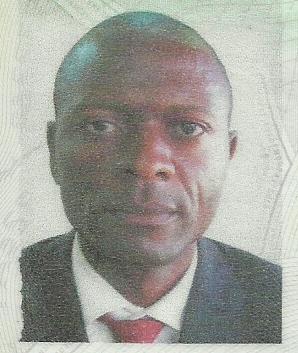 MauriceMember
MauriceMemberAfter reading the CROI publication, our attention has focused on more than one aspect, including the acceptance of several methods (approaches) to HIV prevention and AIDS. Only we are sorry to hear that a man who has joined the PrEP is infected with HIV! Science and conscience require from us an in – depth study of this. The editor of this testimony points out that man has had a lot of sexual intercourse without protecting himself from condoms, caution requires that we do not fall into the incidence of lesions to the mucous membranes of genitalia.
According to Mrs. Victor Virlogeux and Bart Rijnders, people living with HIV, are exposed to multiple opportunistic infections, but in case of co-infection with hepatitis C, it is advisable to use Direct Action Antivirals (ADAs).
Also, the viral load becomes undetectable in HIV positive people who are on effective antiretroviral therapy. -
02/27/2017 at 9:11 am #6753
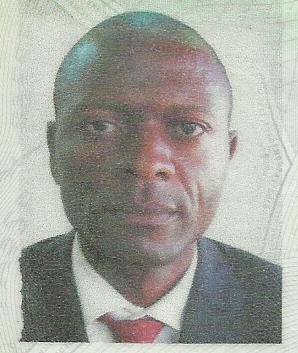 MauriceMember
MauriceMemberWhen resources are insufficient to support the formal activities of formative research, we resort to partners either of the platform who are in a position to facilitate us, or to local partners involved in the same sector of activity as we, These may be: NGOs, COBs, health zones, hospitals, research centers, community relays, etc.). To achieve this, we must use the strategy of dialogue and sharing or exchange of knowledge and experience in community work.
-
03/07/2017 at 3:08 pm #6778
 DanaMember
DanaMemberThis is a great idea. How would you reach out to these groups to facilitate dialogue?
-
05/05/2017 at 7:50 pm #7132
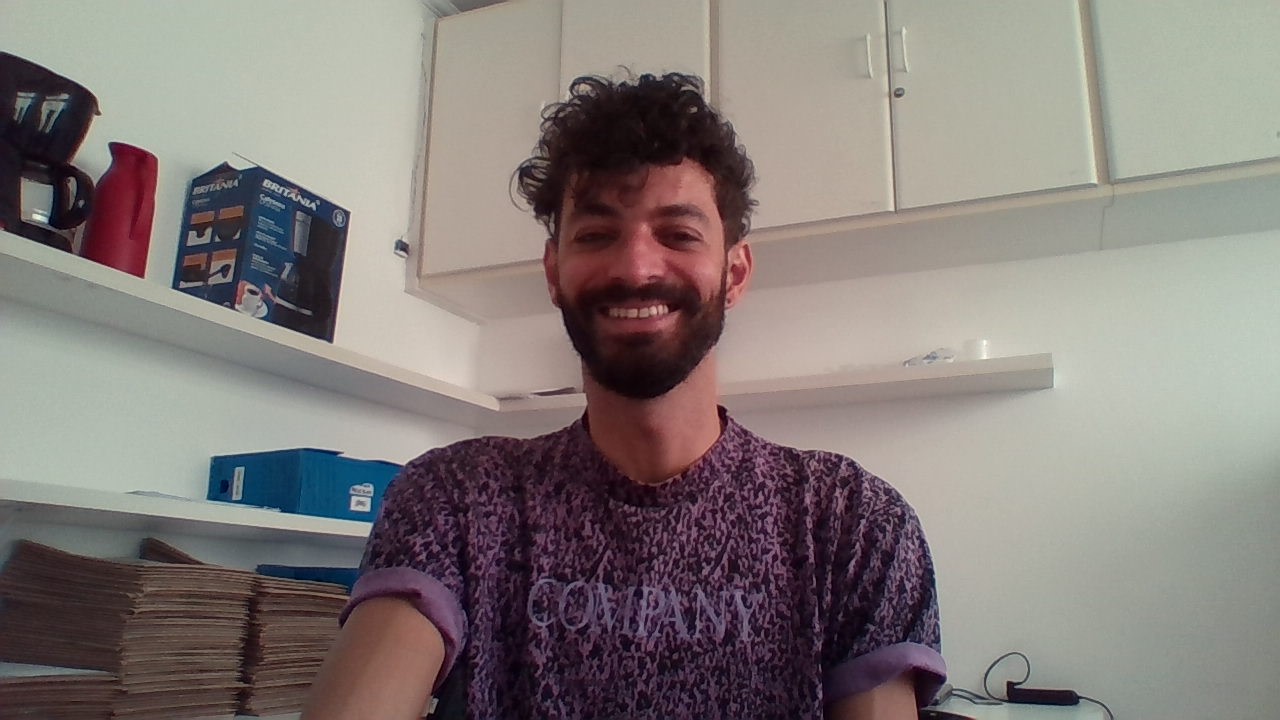 CaruéMember
CaruéMemberWhen approaching the community organizations, we must be clear about the objectives of engaging community in research, explaining the importance of our community understanding the study, its benefits and burdens, and how a partnership may facilitate both the compliance with community needs and values and scientific integrity.
-
-
-
02/25/2017 at 10:57 am #6748
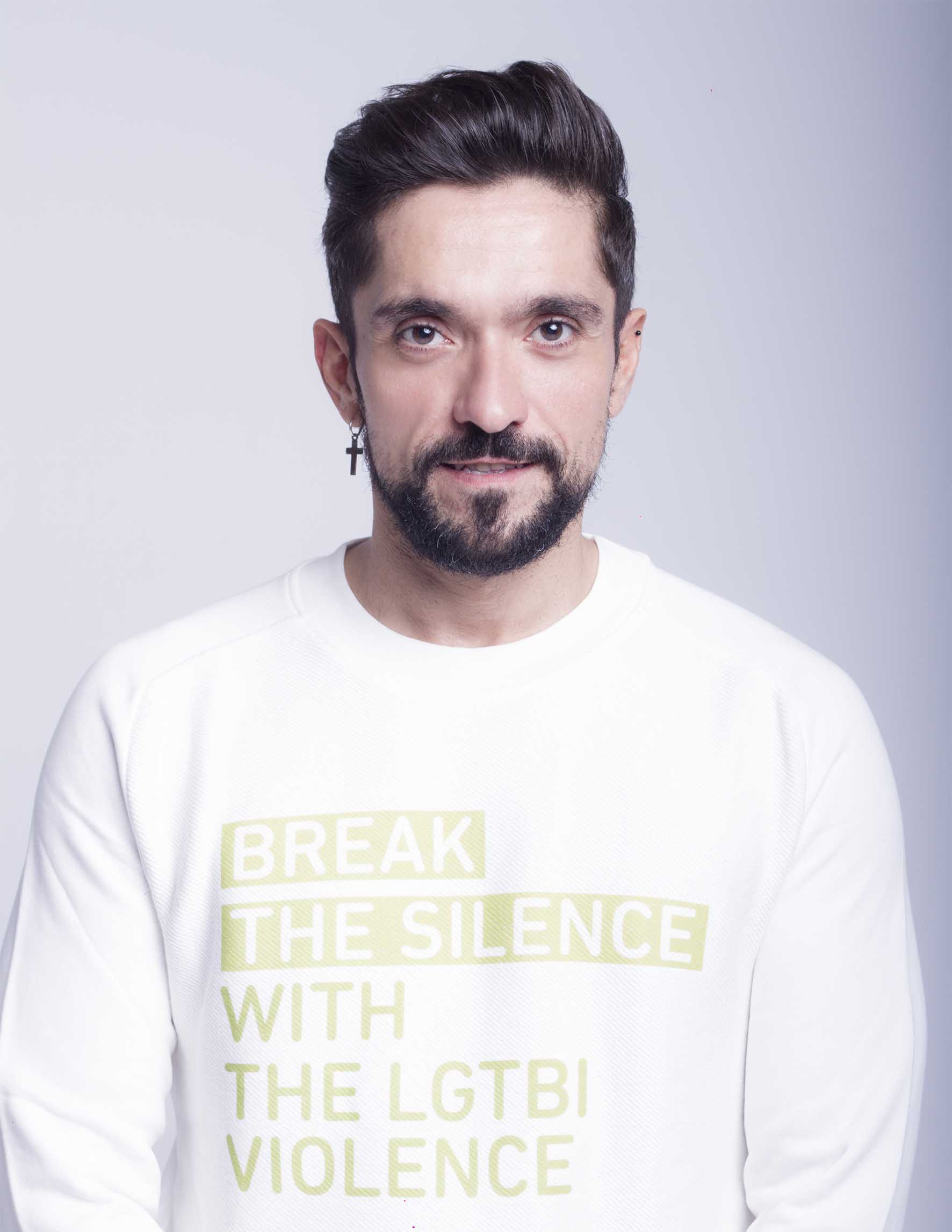 JORGEMember
JORGEMemberFirst of all I think it is important to get some knowledge about the community and realize about the best strategies for participation and how to gather key informants for planning formative research activities. It’s important to consider the resources that other partners, and also you own team, may have to implement those formative research activities. Also I think is really important to develop a clear explanation of the research goals and which benefits community will have participating. Resources, especially money, can be a good advertisement for the study but it’s not the only worthy aspect from it.
Community knowledge
– If you have knowledge about their NGOs, social / community structures you can try to use those spaces to disseminate the first information and develop a working group with the key informants to design the next steps for the formative research activities based on what you all have
– Use other active groups on social or scientific prevention research in those communities to cooperate and involve their knowledge in your own planning. Maybe they have already health programs or campaigns in which we can just be an extra activity and build a network with those existing programs or groups.
– Giving responsibility and a role inside the study can be just enough motivation to use their resources to help in the formative activities implementation.Other partners / partnerships
– What was useful for us in other stakeholder engagement activities, on the first steps, is to cooperate with other partners of the research team, usually not involved in research, to make the process more transparent and popular: local governments support, as other important groups in the community as Church, Religious leaders and sometimes even relevant people for community (as VIP people) to advertise and get more interest of what you are doing and why, and get the community attention and interest.
Use the 2.0 world
– If the goals are common and clear, if there is transparency in the process and we could find out who are the ones to help us in the formative research activities planning, then we could implement some of those activities without too much cost or resources: Skype calls, webinars, email distribution, etc., We can identify how to implement those formative activities throughout community networks and using 2.0 tools-
03/05/2017 at 3:21 pm #6769
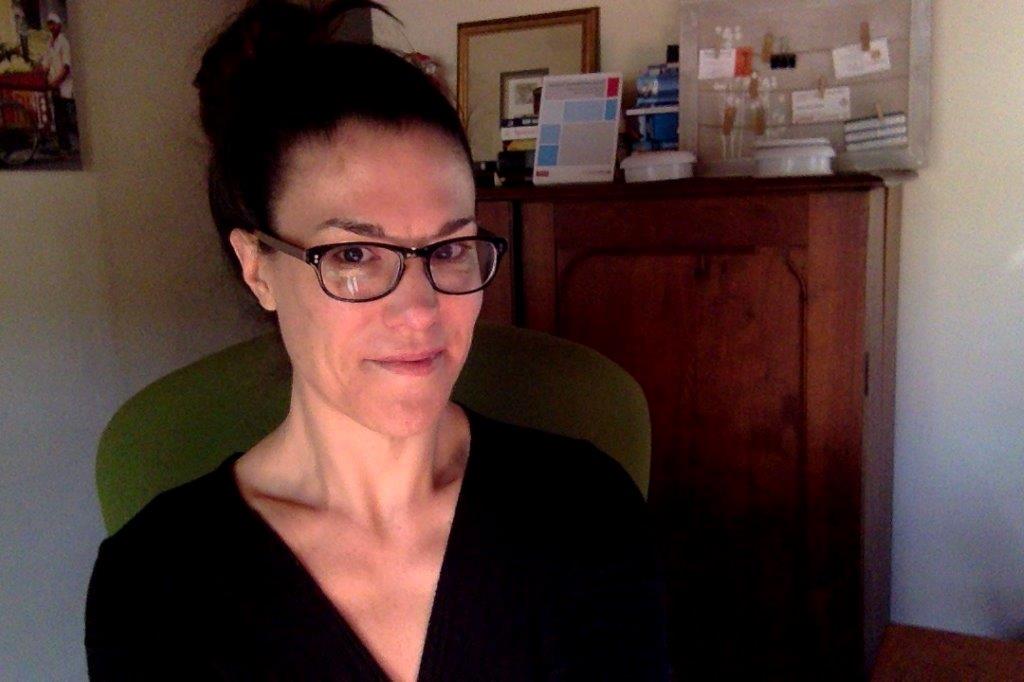 AnneMember
AnneMemberI like your points about exploring wider health campaigns and communication platforms to create alignment and momentum. Engagement is ongoing effort that requires multiple strategies to share information and build community capacity.
Whatever the disease area, we need strong partners who are research literate and can influence key decision makers on the community, broader (regional), national and global levels.
While it may be true that some stakeholders work in collaboration (or are at least aware of each others’ work), people working at trial sites and local community advocates can be isolated from one another. Established forums for networking and exchanging views about various challenges arising in trials and stakeholder engagement approaches –such as international and regional conferences, training programs, and listserves/social media –are all great mechanisms for sustaining involvement and strengthening unity and coordination of stakeholders!
-
-
02/24/2017 at 2:51 pm #6746
JOYCE
MemberJoyce
February 24, 2017
Involve much the media and they will help very much because media reaches the public widely. In this way the insufficient fund you have can support formal formative research activities.-
02/24/2017 at 4:15 pm #6747
 JessicaMember
JessicaMemberInvolving the media can help get your messages out to the public but how can it help with formative research? Formative research is about gathering information about the local community and starting to get input about mechanisms. Can you elaborate a little on how you might be using the media to gather information from the community?
-
-
02/21/2017 at 6:12 pm #6722
Alicia
MemberWhen resources are insufficient to support formal formative research activities, you can still facilitate the participation of community stakeholders in initial outreach and information gathering by partnering with other institutions or groups that have a similar goal to you. Instead of face to face meetings you can also hold virtual meetings, even though not always as effective it is better than not being able to conduct these activities at all and can at least begin the initial input from the team.
-
02/21/2017 at 5:45 pm #6721
 KelvinMember
KelvinMemberAt our site, we engage with other research agencies working in the area, as well as the District Health authority, who in addition to rendering primary health care, also act as platform through which research has to be conducted. However, my experience is that government structures are very formal, hierarchical, and tend to stifle innovation.
The challenge is to move beyond the territorial and protective nature of the landscape and rather see the possibilities. As Communications Manager, it does give you leverage to access levels of agencies, however it can also be limited because most Communications Managers are not actually development practitioners, which as theory is more conducive to formal formative activities, as opposed to the PR theory.As CE advocate, one also acts as voice of the CAB within the organisation (Mainly because CAB is not full time position),
I know that in theory CAB’s are supposed to be autonomous, however in this resource constrained world, being able to access levers of resources, does mean that the playing field is not level!! So in a sense I’m arguing for a dialectical relationship between the CAB and the Site and the Community. They cannot operate in isolation from each other, and a formative research agenda, which can either be adopted by the CAB or the CAB can interrogate the formative research taking place within the community. This can strengthen the CAB as being a multi-purpose role where it can act as the clearing house for research within a area. -
02/21/2017 at 12:42 pm #6717
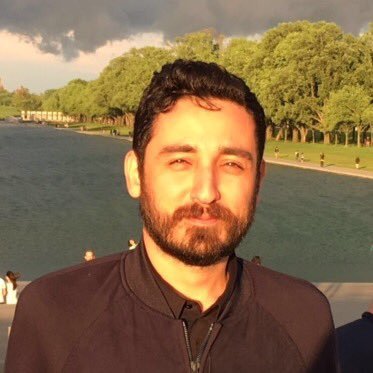 DanielMember
DanielMemberWhen resources are insufficient to support formative research activities, we have established partnerships with other academic and research groups working with the same population. Regular face-to-face meetings with stakeholders has shown better outcomes to engage and find solutions carry out activities that can be developed within a low budget. In addition, a proper systematic review can provide solutions to optimize research activities.
-
02/21/2017 at 9:46 am #6711
 GreerMember
GreerMemberIn the event where there may be insufficient resources to fund a full blown formalised formative research process, there are various informal qualitative mechanisms that the team can draw on. The focus here would be on smart partnerships with local stakeholders that have a proven track record of working with the target group that will be enrolled in the study. These relationships will fast-track the research team’s understanding of their target groups. Additionally community-based focus groups coupled with key informant interviews can also give a better insight into the community norms and practices. Where these are done in a systematised and well-documented fashion (guided by a formative research plan) they form important and useful data points for ongoing or future research in that site. Not all formative research must be resource intensive – while noting that many aspects are still better supported by continuous investment over time.
-
02/19/2017 at 7:10 pm #6701
 MmapuleMember
MmapuleMemberif the are insufficient resources create a platform for the site on any of the events like marathons and imbizos{gatherings) to educate the communities about the HIV/AIDS and Vaccines. Engage the communities in dialogues about the trials. Engage churches and schools and consults other stakeholders that work within the community to see how best they can help the site to reach accrual targets. Consults the ward councilors as being the major gatekeeper to refer the site to the organizations that are actively working in their areas.
-
02/21/2017 at 1:52 am #6707
 JessicaMember
JessicaMemberMmapule,
Accrual is important and certainly a metric of success but it is not Good Participatory Practice. If you are doing good stakeholder engagement you will likely have strong enrollment and retention numbers. Formative research helps build trust between the research site and the community. It also helps establish the stakeholder advisory mechanisms that will be used in a trial.
I love that you are using other events like marathons and imbizos to talk about HIV and vaccine research. Another strategy is to partner with different organizations. For instance, family planning groups are great organizations to partner with because they are talking about sexual health. HIV can easily be incorporated into an agenda in the same way family planning can easily be incorporated into an HIV research event.
How has the community responded to the current strategies you’re using during the formative research phase?
-
-
02/19/2017 at 3:43 am #6697
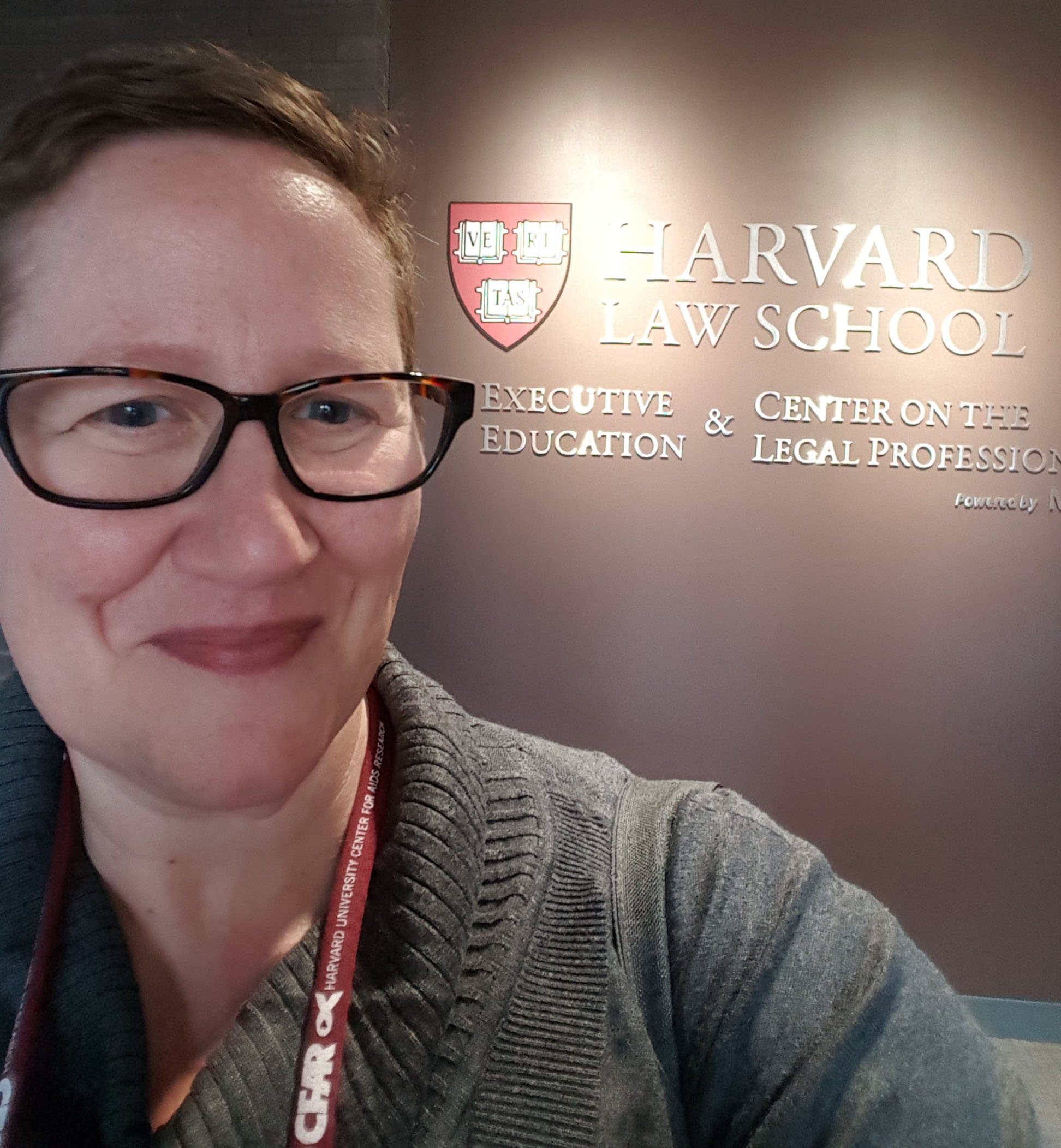 FaithMember
FaithMemberWhen resources are insufficient to support formal formative research activities, we have partnered with other research programs who may already be partnering with the communities. In this way we can potentially leverage the fact that a group has already gathered a group of key informants or a focus group and we might be able to add questions onto a survey or participate/partner in the focus group management. Additionally, I would agree that capitalizing on staff both being members of the community and knowledgeable about the communities they are members of can be leveraged.
-
02/17/2017 at 6:46 pm #6693
 CaleMember
CaleMemberIf resources are insufficient to implement a formal formative research strategy, I think it’s worth capitalizing on the expertise and knowledge of local site staff (at least as a place to start). It’s important not to forget that site staff, outside of their day jobs, are also part of the local community. Site staff may have pre-existing relationships with local community stakeholders and key opinion leaders. These existing relationships may help to cost effectively catalyze initial research and information gathering efforts.
-
02/17/2017 at 4:33 pm #6691
María del Rosario
MemberFormative research is very important. If we have insufficient resources, we have to continue working with partners, including local academia. Some local universities here have course to work with “real clients”. So we could have the opportunity to dvelop an alliance that include, interviews, focus groups, community meetings and the participation of community stakeholders in the process.
-
02/16/2017 at 11:22 pm #6683
 DanaMember
DanaMemberIf there are insufficient resources to fund formative research activities, I think it is possible to still facilitate the participation of community stakeholders in initial outreach and information gathering. You can work with partners who are already on the ground in location of the community and work with them to gain information about the makeup of the community. For example, if you are working on a TB drug trial and one of your partners is working on an HIV vaccine trial in the same area at the same site, you can reach out to them to see what information they have gathered on the community and work with them to see what stakeholders may be relevant to your trial as well. Also you may not be able to hold events yourself, but it is possible to go to other community events that reach relevant stakeholders and network with them there. You can also do demographics research based on census records, if available.
-
02/25/2017 at 11:00 am #6749
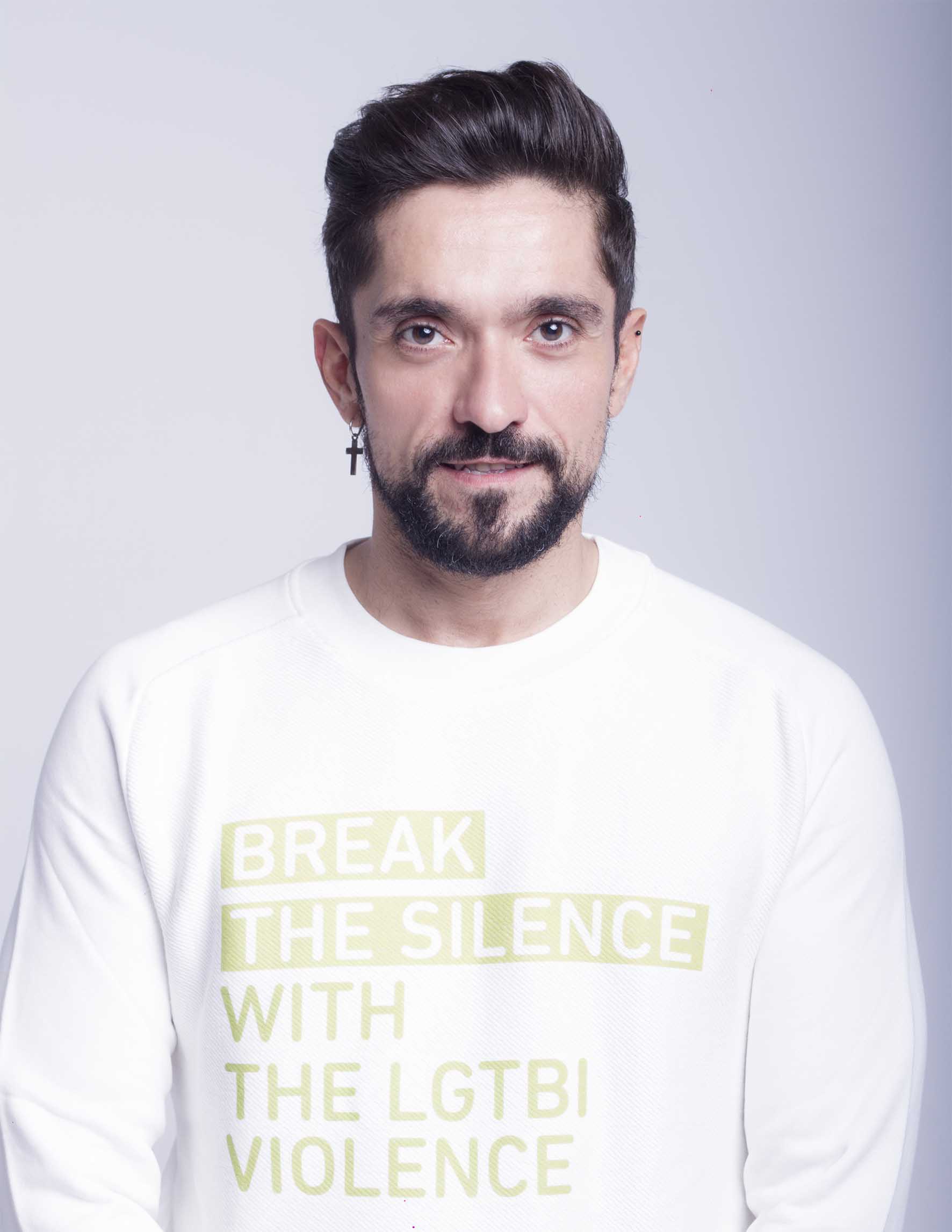 JORGEMember
JORGEMemberExactly: getting a better knowledge of the community can me researchers realize about where to get involve to identify the right stakeholders and spaces to implement formative activities.
Networking with the community resources, leaders, events and spaces can be the way!
-
02/21/2017 at 6:17 pm #6724
Alicia
MemberYes!! Completely agree. Alot of times we tend to work in silos and re-invent wheels that waste time, money and resources. This is a great example of breaking down those silos even if it is a different therapeautic area that is being researched.
-
02/21/2017 at 1:59 am #6708
 JessicaMember
JessicaMemberDana these are great examples! Working with other groups is crucial.
-
02/17/2017 at 2:51 pm #6686
 Aisha OluwaseunMember
Aisha OluwaseunMemberThe participation of community stakeholders can be facilitated in the absence of a formal formative research by innovating other informal methods. Research teams seek relevant stakeholders’s views on proposed or ongoing research. Examples include stakeholder meetings, local events, focus group discussions, interviews, consultations, and suggestion boxes. They may involve individuals, existing organizations, local employer associations, local government or traditional committees, or other advocacy, charitable, cultural, political, religious or social groups.
-
02/19/2017 at 9:04 am #6699
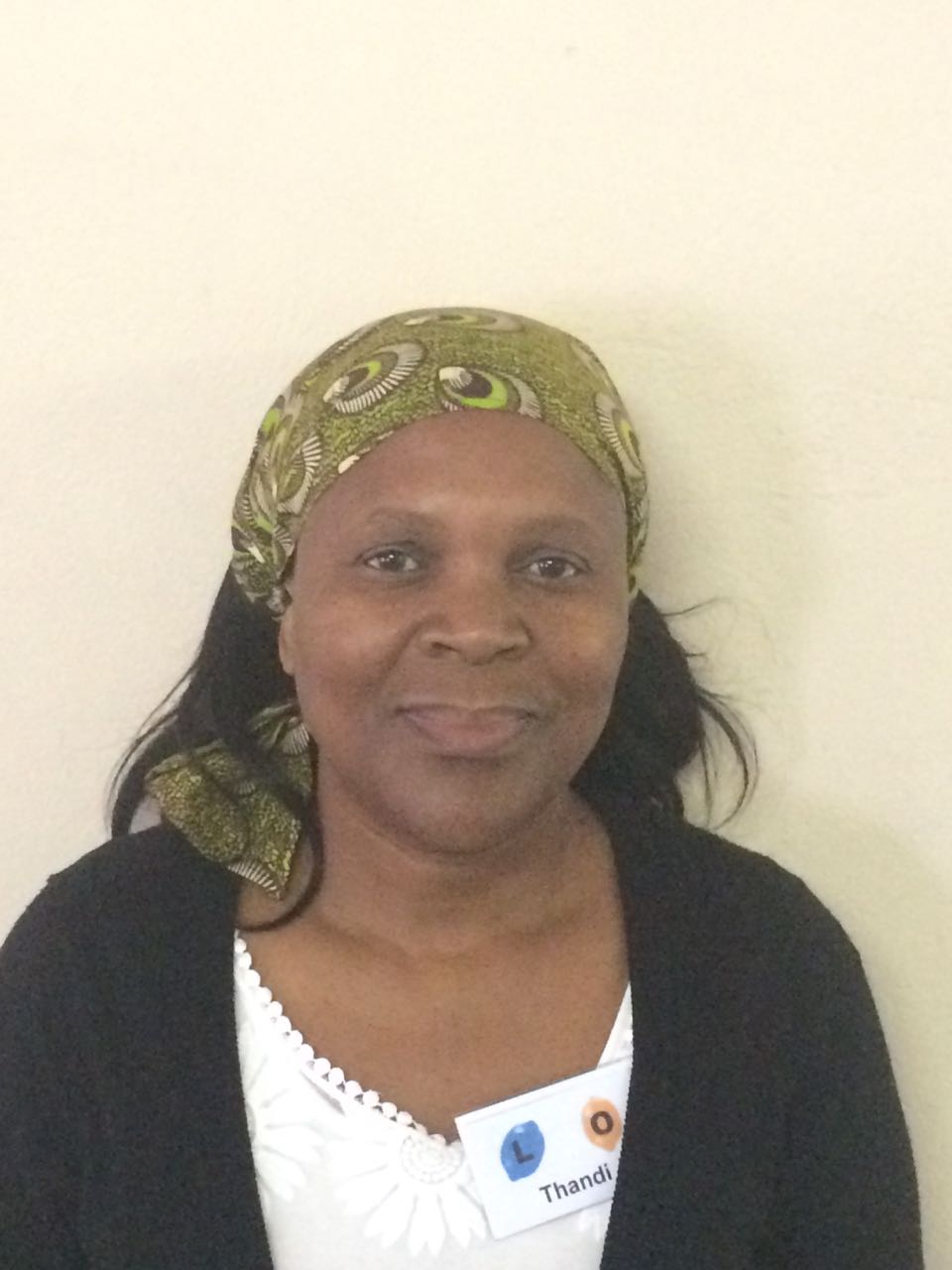 Thandi MarryMember
Thandi MarryMemberif there are sufficient resources it is good to engage with relevant stakeholders and a also to involve organization that deals with advocacy and of course the involvement of nearest Universities
-
-
02/17/2017 at 2:28 pm #6685
 Aisha OluwaseunMember
Aisha OluwaseunMemberI agree with you.
-
-
-
AuthorReplies
- The forum ‘GPP Discussion Forum_Jan 2017’ is closed to new topics and replies.


